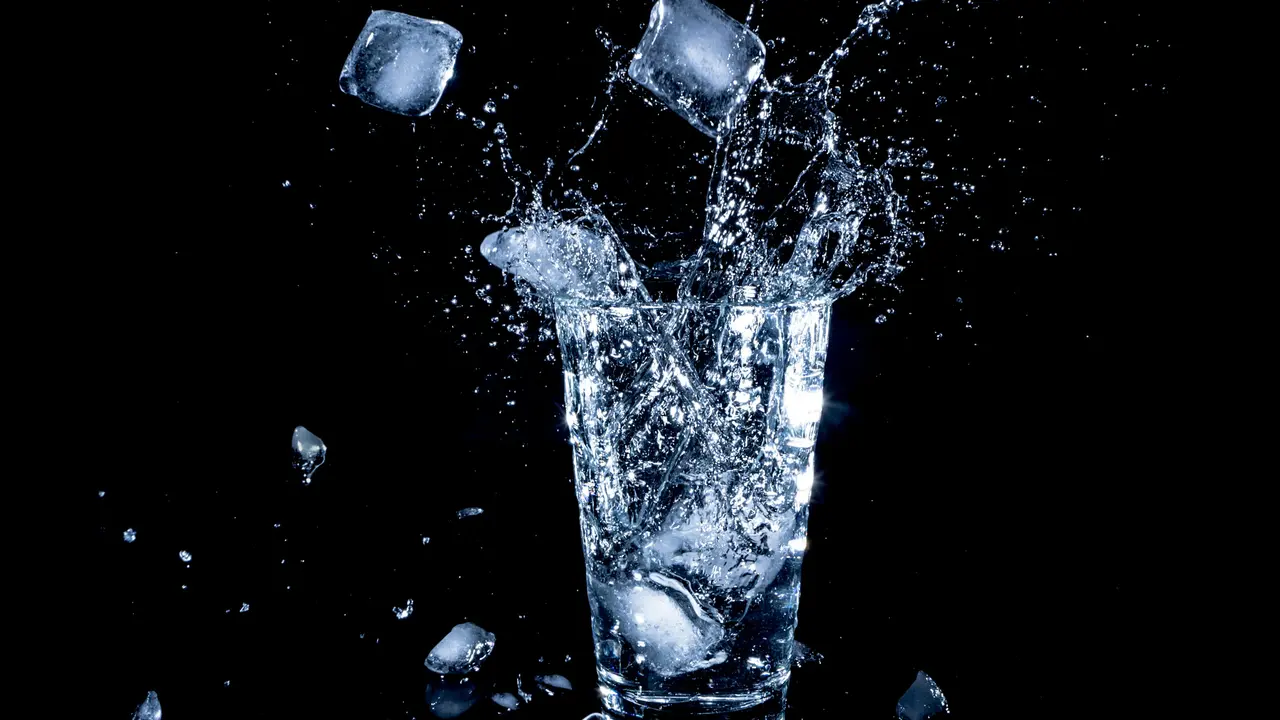Updated 23 May 2024 at 14:46 IST
Should You Have Ice Cold Water In Summers? Know Pros And Cons
Drinking ice-cold water in summer has its clear advantages, however, it also comes with potential downsides.
- Lifestyle News
- 3 min read

Summer heat often drives us to seek relief in the form of cold beverages, with ice-cold water being a popular choice. While it can be incredibly refreshing, drinking ice-cold water has both benefits and drawbacks. Understanding these can help you make more informed decisions about your hydration habits during the hot months.
Pros of having ice cold water

Immediate refreshment
One of the most significant advantages of drinking ice-cold water in the summer is the immediate refreshment it provides. The sensation of cold water can be incredibly soothing on a hot day, offering instant relief from the heat.
Hydration incentive
People are more likely to drink water if it is cold, as it feels more satisfying and palatable. Proper hydration is crucial, especially in the summer when the body loses more fluids through sweating. By making water more appealing, cold water helps ensure that individuals stay adequately hydrated.
Potential metabolic boost
Some studies suggest that drinking cold water may have a slight thermogenic effect, meaning the body burns a few extra calories warming the water to body temperature. Although the metabolic boost is minimal, every bit of calorie burning can contribute to overall energy expenditure.
Advertisement
Muscle recovery
Athletes and individuals who engage in intense physical activities might benefit from ice-cold water as it can help reduce muscle inflammation and soreness. Cold water can act similarly to ice packs, aiding in quicker recovery post-exercise.
Cons of having ice cold water

Digestive discomfort
One of the main drawbacks of consuming ice-cold water is the potential for digestive issues. Cold water can constrict blood vessels and hinder digestion, causing stomach cramps or discomfort. For some, it might lead to a feeling of bloating or gas.
Advertisement
Sore throat risk
Drinking ice-cold water, especially in large quantities or too quickly, can lead to a sore throat. The extreme temperature change can irritate the throat lining, making it more susceptible to infections and discomfort.
Impact on teeth
Frequent consumption of ice-cold water can affect dental health. The cold temperature can cause discomfort in sensitive teeth and potentially lead to the weakening of enamel over time. This sensitivity can make eating and drinking other foods uncomfortable.
Body temperature regulation
While ice-cold water provides immediate cooling, it may not be the best option for long-term body temperature regulation. The body works harder to maintain its core temperature, which can lead to increased perspiration. In some cases, this can result in an overall feeling of discomfort rather than prolonged cooling.
Published By : Risha Ganguly
Published On: 23 May 2024 at 14:46 IST
